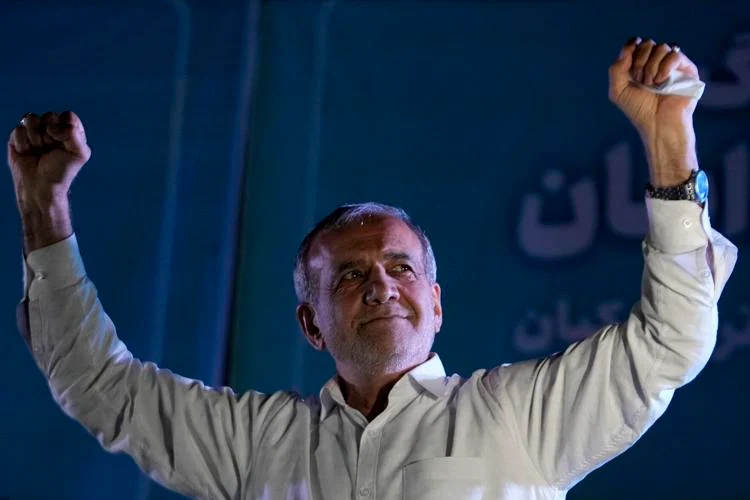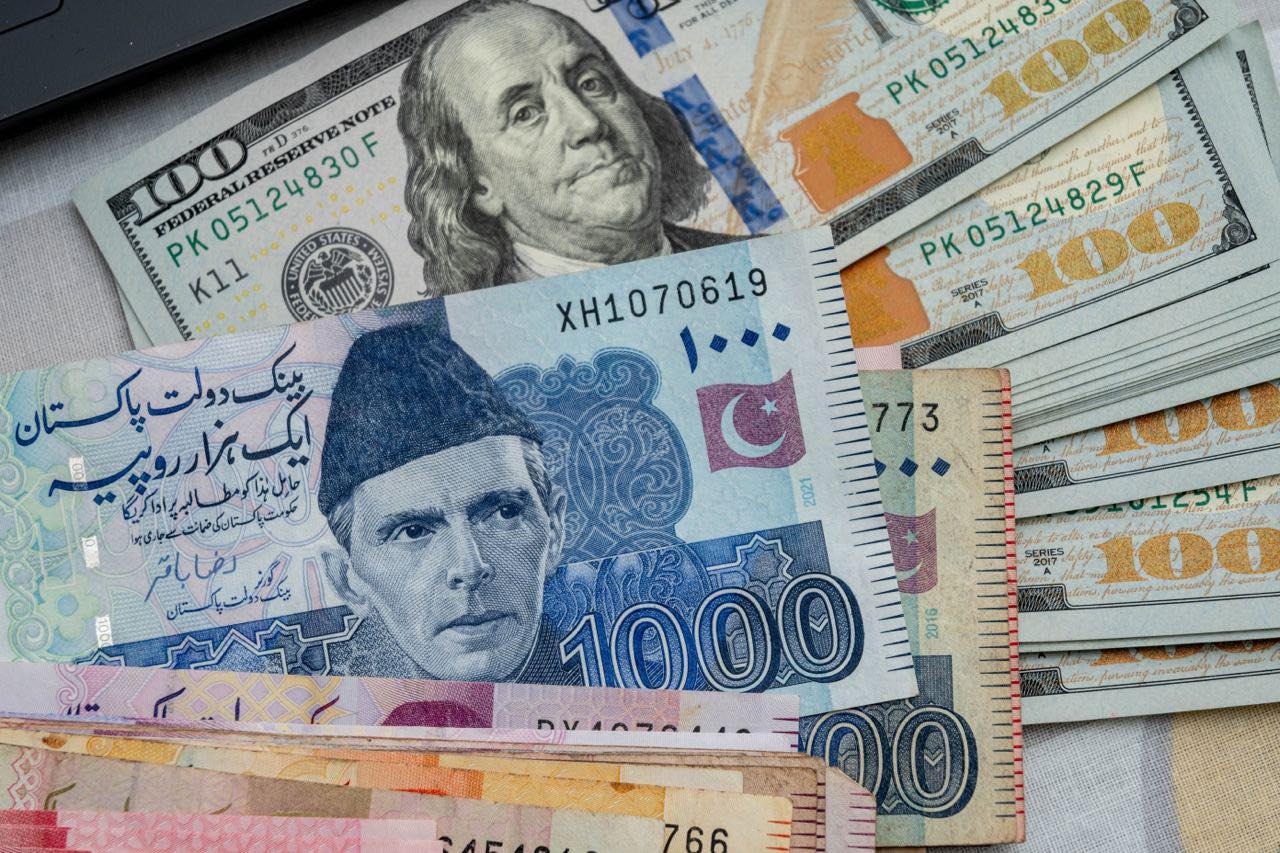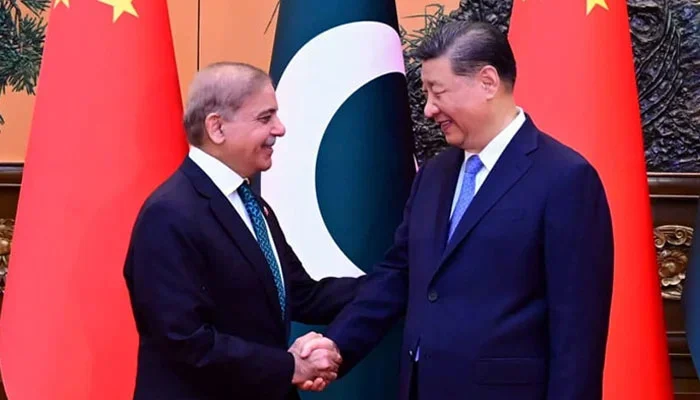The Interior Ministry announced Pezeshkian’s win on Saturday, marking a significant shift in the country’s political landscape.
Pezeshkian received over 16 million votes, while Jalili garnered more than 13 million out of approximately 30 million votes cast. The voter turnout stood at 49.8 percent, with over 600,000 spoiled ballots reported. Mohsen Eslami, the electoral authority spokesman, provided these figures, highlighting the competitive nature of the runoff.
Following his victory, Pezeshkian expressed gratitude to his supporters on state television. “We will extend the hand of friendship to everyone; we are all people of this country; we should use everyone for the progress of the country,” he said. His message underscored a commitment to unity and progress, resonating with voters who sought change.
The presidential election was called early after the untimely death of ultraconservative President Ebrahim Raisi in a helicopter crash. The first round of voting, held the previous week, saw a historically low turnout. Iran’s Supreme Leader Ayatollah Ali Khamenei had urged citizens to participate in the runoff, emphasizing the election’s importance. He acknowledged the low turnout in the first round but stressed that it was not a sign of dissent against the system.
The election took place amid heightened regional tensions over the Gaza conflict, ongoing disputes with the West regarding Iran’s nuclear program, and significant domestic discontent due to the sanctions-hit economy. In the first round, Pezeshkian, the sole reformist candidate, led with around 42 percent of the votes, while Jalili followed closely with approximately 39 percent. Only 40 percent of Iran’s 61 million eligible voters participated, marking the lowest turnout since the 1979 Islamic Revolution.
Pezeshkian, a 69-year-old heart surgeon, was relatively unknown until recently. His candidacy has revitalized hopes among Iran’s reformists, who have been marginalized for years by conservative and ultraconservative factions. He received endorsements from key reformist figures, including former Presidents Mohammad Khatami and Hassan Rouhani.
Throughout his campaign, Pezeshkian advocated for “constructive relations” with Western countries, aiming to revive the nuclear deal and end Iran’s international isolation. In contrast, Jalili, a 58-year-old former nuclear negotiator, maintained a staunchly anti-West stance and rallied significant support from conservative circles.
In the lead-up to the runoff, Pezeshkian and Jalili participated in two televised debates, discussing critical issues such as low voter turnout, economic challenges, international relations, and internet restrictions. Pezeshkian promised to ease long-standing internet restrictions and fully oppose police patrols enforcing the mandatory headscarf for women, a contentious issue since the death of Mahsa Amini in police custody in 2022. Amini’s death, following her detention for an alleged breach of the dress code, sparked nationwide unrest.
Pezeshkian’s victory signifies a potential shift in Iran’s domestic and foreign policy. His administration may pursue more open and constructive engagement with the international community, particularly concerning the nuclear deal. Domestically, his stance on social issues, such as internet freedom and women’s rights, could lead to significant reforms, addressing some of the grievances that have fueled public discontent.
As Pezeshkian prepares to take office, the focus will be on how he navigates the complex political and economic challenges facing Iran. His ability to implement reforms and foster unity among the diverse political factions will be crucial in determining the success of his presidency.




